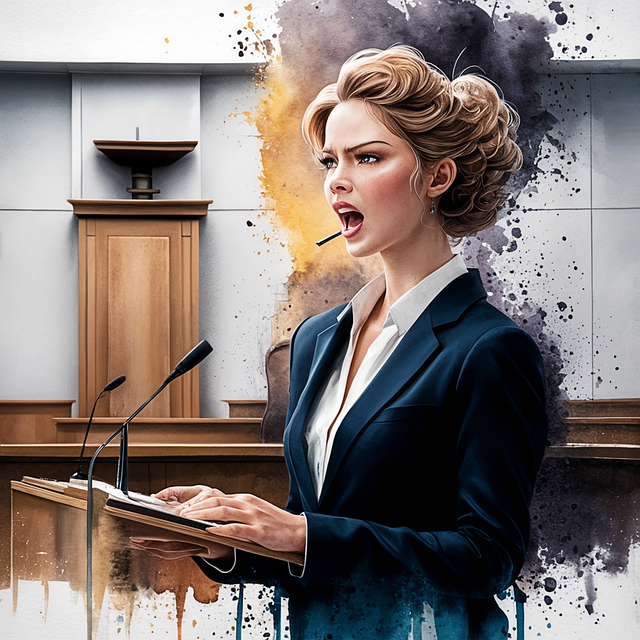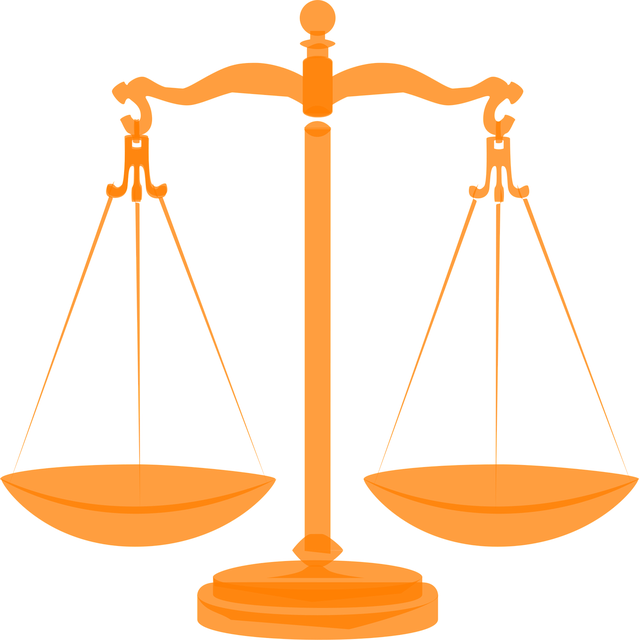In a personal injury case, insurance serves as a key mediator, covering medical costs and easing financial burdens. Understanding insurance contracts is vital for navigating legal proceedings and determining liability. Insurance companies evaluate cases rigorously, considering evidence and legal precedents to determine fair settlements. Efficient navigation of insurance impacts ensures victims receive adequate compensation, managing costs for both victims and insurers.
In a personal injury case, insurance plays a pivotal role, influencing outcomes and compensation. This article delves into the intricate dynamics between individuals and insurers, exploring how understanding their roles can empower you. We’ll uncover the strategies insurance companies employ to evaluate and settle claims, offering insights into navigating their processes for fairer resolutions. By comprehending these impacts, you can better advocate for your rights in a personal injury case.
- Understanding Insurance Roles in Personal Injury Cases
- How Insurance Companies Evaluate and Settle Claims
- Navigating Insurance Impacts for Fair Compensation in Personal Injury
Understanding Insurance Roles in Personal Injury Cases

In a personal injury case, insurance plays a pivotal role, acting as a mediator between the policyholder and the party at fault. When a car accident occurs, for instance, the victim’s auto insurance policy can cover medical expenses and other related costs, providing financial support during what is often a challenging time. This not only ensures that victims receive necessary care but also reduces the burden of immediate out-of-pocket expenses. Moreover, understanding how insurance works can be crucial in navigating any legal proceedings that follow.
Insurance companies are bound by contracts that dictate their responsibilities and obligations. In cases of partnership disputes or breaches of contract, these agreements become especially significant. A car accident attorney, for instance, would need to consider the terms of both policies involved – the at-fault driver’s and the victim’s – to determine liability and ensure fair compensation. This collaborative effort between legal professionals and insurance providers helps resolve personal injury cases efficiently while adhering to contractual stipulations.
How Insurance Companies Evaluate and Settle Claims

Insurance companies have well-established processes for evaluating and settling personal injury claims. When an individual files a claim, whether it’s due to car accident injuries or incidents like nursing home neglect, insurers conduct thorough investigations. They examine medical records, witness statements, and other relevant evidence to assess the validity and extent of the claim. The goal is to determine liability and calculate a fair settlement amount that covers medical expenses, pain and suffering, and any other damages suffered by the claimant.
The evaluation process often involves negotiations between the insured party and the insurance company’s representatives. A personal injury lawyer may be involved on behalf of the claimant, advocating for their rights and ensuring they receive a just settlement. Insurance adjusters consider various factors, including the severity of injuries, the available evidence, and legal precedents, to reach a decision. Promptly settling claims is often in both parties’ interests, as it allows victims to access necessary compensation while insurers can manage costs and reduce potential legal liabilities.
Navigating Insurance Impacts for Fair Compensation in Personal Injury

Navigating Insurance Impacts for Fair Compensation in Personal Injury cases is a crucial step that often determines the outcome and fairness of the settlement. When it comes to personal injury claims, understanding how insurance works can significantly influence the compensation you receive. Each case is unique, but knowing the role of various types of insurance—such as healthcare providers’ liability insurance, homeowner insurance claims, or commercial policies in business-related accidents—is essential.
In many scenarios, these insurance policies play a pivotal role in settling personal injury cases out of court. For instance, homeowner insurance claims can cover damages arising from accidents on insured properties, while commercial disputes involving businesses and their liabilities are handled through comprehensive general liability (CGL) insurance. Efficiently navigating these complexities ensures that victims of personal injuries receive fair compensation for their losses, medical expenses, pain, and suffering.
Insurance plays a pivotal role in shaping the outcome of a personal injury case. By understanding how insurance companies operate, individuals can better navigate their rights and strive for fair compensation. Awareness of evaluation methods and settlement practices empowers victims to make informed decisions throughout the process, ensuring their interests are protected. This knowledge is essential for anyone seeking justice in a personal injury case.






